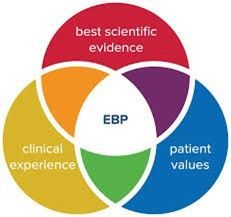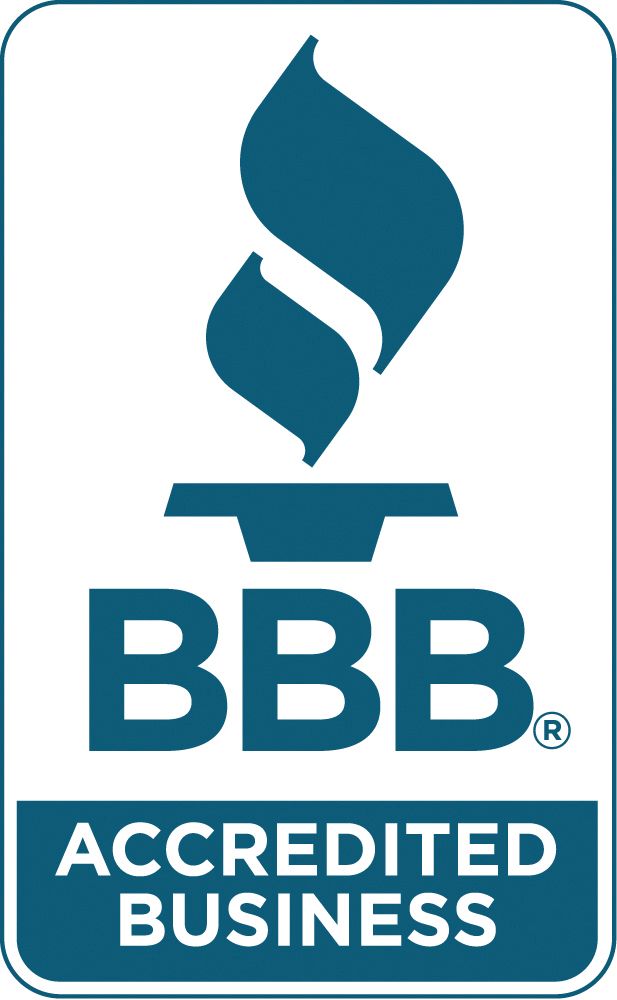Behavioral Health Consultant Advises: Own Your Project
Ensuring you understand the behavioral health consultant's project from beginning to end saves you from future grief.

A behavioral health consultant is uniquely positioned to help an organization with their business challenges. Whether the role is administrative, clinical, financial, or programmatic, the consultant is considered the expert in solving the organization's problems. But this position as an advisor comes with some pitfalls if the organization does not take accountability during a consulting project to own the project.
When a project starts, each side has its own duties and responsibilities. The consultant conducts their project based on interviews and information gathered and submits deliverables at agreed-upon times. The client has specific responsibilities. Among them are providing the information needed, being upfront about their needs, and communicating with the consultant when the project needs to meet expectations. But what may be missing is that, when the project is done, the organization must embrace the deliverables and make them their own. Because if something happened to the consultant, would they know what to do?
Here's a hypothetical example of what can go wrong. Suppose a residential program wants to become accredited. The program hires a behavioral health consultant to do the work; the policies and procedures, training, and operations review; everything necessary to pass the accreditation. And the program receives its three-year accreditation. But one thing needs to be added. The program's Executive Director delegates too much responsibility to the consultant. They believe that no continued work is necessary once the accreditation is completed. Years pass without any policy updates or yearly reports to the accreditation agency. When it comes time to conduct the recertification for the organization, the program is unprepared. The Executive Director thought the accreditation was a "one-and-done" process.
It could be argued that the consultant was responsible for informing the organization about the ongoing renewal process (which might have happened). However, it is the Executive Director's (in this case) role to own and be accountable to their board from the beginning on the role of accreditation. It is the same process as an RFP. Although the consultant may write the RFP, it is still the role of the Executive Director to read it through and ensure the document reflects accurately before sending it to the funding entity.
Ensuring you understand the behavioral health consultant's project from beginning to end saves you from future grief.
Praxes Behavioral Health offers consulting on program development and more. Feel free to contact us for more information.




